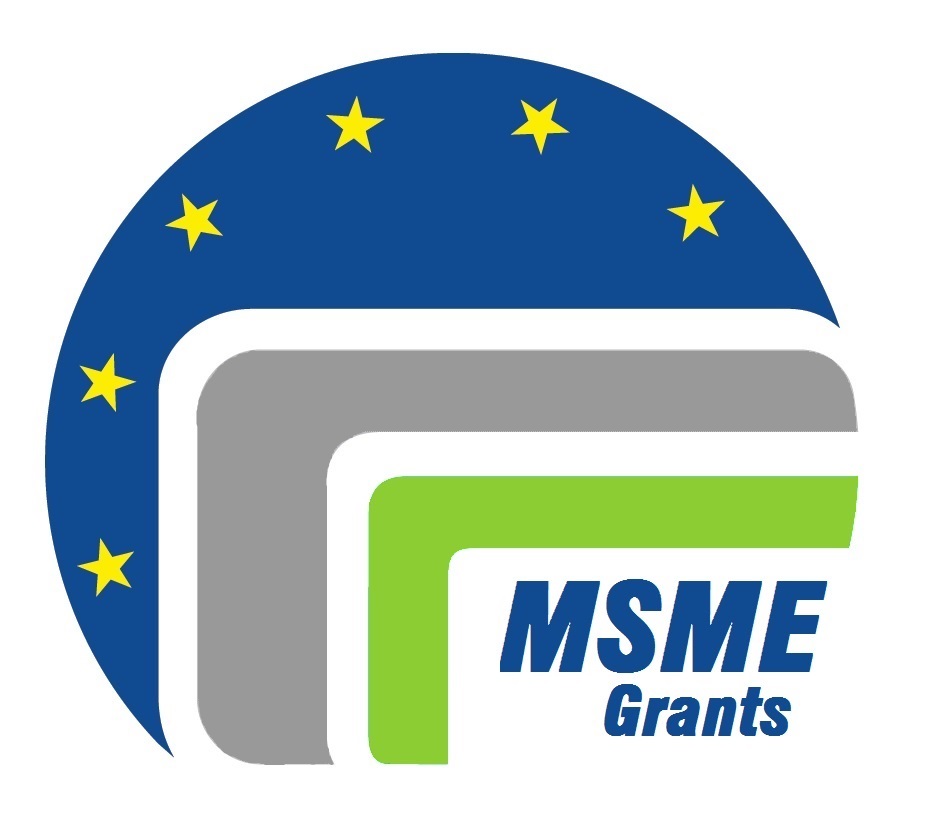President Muhammadu Buhari has said Small and Medium Enterprises (MSMEs) are critical to Nigeria’s economic growth as they contribute about 48 percent to the nation’s Gross Domestic Product.
President Buhari, who was represented by the Minister of Industry, Trade and Investment, Otunba Richard Adebayo, at the 17th International Trade Fair organised by the Abuja Chamber of Commerce and Industry (ACCI), stated that trade is key to ending poverty and also plays a significant role in the economic growth of any nation.
In his words, “It helps to build wealth and improve foreign reserves. Trade is key to ending poverty across countries, raising standards of living and improving productivity. No economy can thrive without robust trade
“The MSME segment is critical to the stimulation of economic development. Nigeria is estimated to be home to over 40 million MSMEs who, together, contribute about 48 per cent of our GDP. Many of us just see MSMEs as the mamas that fries Akara or the friendly Malam that owns the kiosk on our street.
“That is not the case; some of the fastest growing Fintech start-ups in Africa are in fact MSMEs. This trade fair provides an opportunity to change the narrative of what MSMEs are and demonstrates how innovative they can be.”
“I see enterprises that employ large cross-sections of our youth population. I see enterprises with the capacity to export. I do not see small businesses here, I see future mighty business.”
“The Federal Government is keen to help MSMEs achieve their full potential and has developed strategic policy interventions, enshrined laws and established institutions to create a supportive business environment for entrepreneurs and MSMEs.
“In line with this, the Federal Ministry of Trade and Investment (FMITI) has developed a programme that will enhance access to credit for over 10 million MSMEs at single digit rate.
“Aside from the provision of finance, this project will address key ecosystem issues such as the development of MSME clusters to lower operating costs as well as capacity-building initiatives.
“The Ministry has also commenced the process of adopting a centralised automated platform for the registration of Trademarks, Patents and Designs. The overall objective is to fully digitise existing records and automate the registration process to enable ownership and commercialisation of innovation,” he stated.
It would be recalled that Investors King on October 2, 2022 reported that the federal government has directed the Development Bank of Nigeria (DBN) to step up its efforts to increase its funding for MSMEs.

 Forex2 weeks ago
Forex2 weeks ago


 Naira2 weeks ago
Naira2 weeks ago
 Naira4 weeks ago
Naira4 weeks ago
 Company News4 weeks ago
Company News4 weeks ago
 Billionaire Watch1 week ago
Billionaire Watch1 week ago




 Naira2 weeks ago
Naira2 weeks ago




 Naira1 week ago
Naira1 week ago




 Naira4 weeks ago
Naira4 weeks ago






















